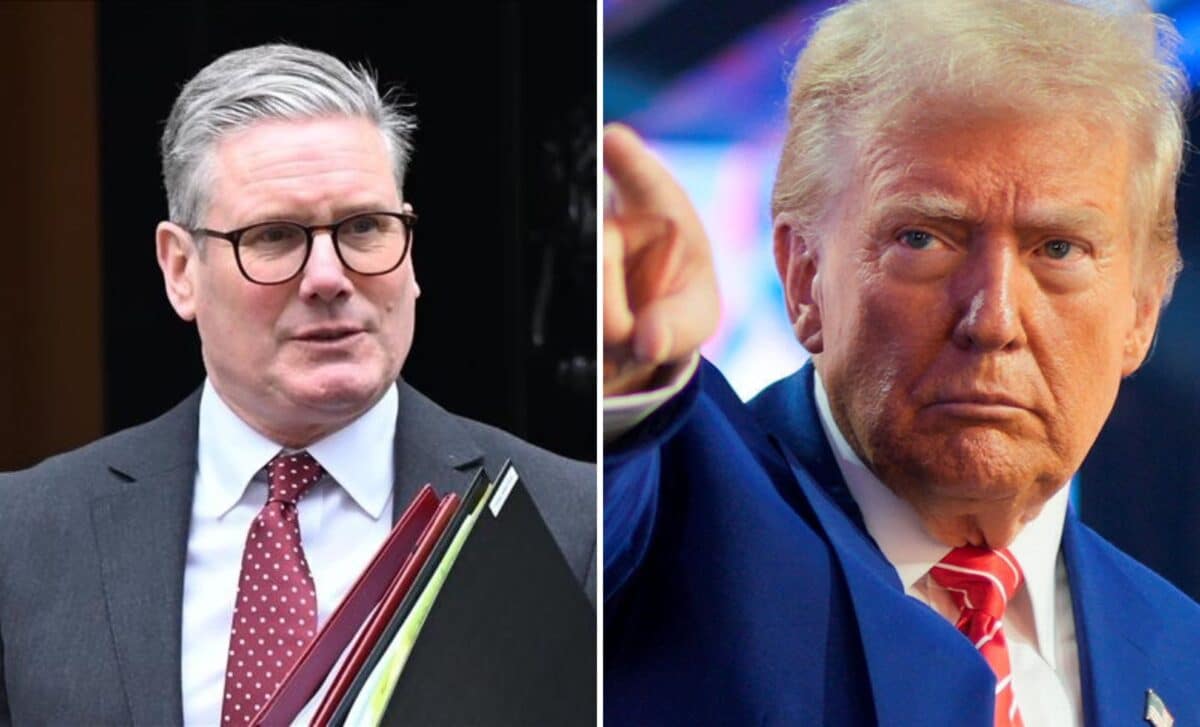The United Kingdom is preparing for the introduction of sweeping US trade tariffs, including a 25% duty on car imports, as Prime Minister Sir Keir Starmer and US President Donald Trump confirmed over the weekend that negotiations on a bilateral economic deal will continue “at pace”.
Downing Street acknowledged that a final agreement may not be secured before the new tariffs take effect on 2 April, leaving UK manufacturers and policymakers bracing for economic repercussions. The proposed tariffs could significantly impact UK car exports and disrupt fiscal plans recently outlined in the Spring Statement.
UK Government Under Pressure as Deadline for US Tariffs Approaches
In a call on Sunday evening, Sir Keir Starmer and President Trump discussed the ongoing negotiations for what has been described as a UK-US “economic prosperity deal”.
A Downing Street spokesperson said both leaders agreed the discussions were “productive” and would “continue at pace this week”, though officials have indicated that a resolution ahead of the 2 April deadline remains unlikely.
According to No. 10, the Prime Minister reaffirmed the UK’s commitment to acting “in the national interest” but did not rule out reciprocal tariffs should talks fail. Trump has described 2 April as “Liberation Day”, framing the new trade policy as a move to boost domestic manufacturing by reducing dependence on foreign goods.
British luxury automakers, including Rolls-Royce, Aston Martin, and Jaguar Land Rover, are expected to be disproportionately affected. The Society of Motor Manufacturers and Traders (SMMT) estimates that UK car exports to the US are valued at around £7.6 billion annually, making the US the UK’s second-largest market after the EU.
Economic and Political Stakes High Amid Uncertain Trade Outcome
The new trade taxes coincide with Chancellor Rachel Reeves’ recent efforts to stabilise public finances through measured spending cuts. According to the Institute for Fiscal Studies, the current fiscal buffer is historically narrow and vulnerable to external shocks such as these tariffs.
In the event of a reciprocal trade response from the UK, the Office for Budget Responsibility (OBR) has warned that the economic impact would likely be more severe for Britain than absorbing the US measures. Its forecasts suggest UK GDP could fall by up to 1% in 2026 under a full-scale tariff retaliation scenario.
Amid these tensions, negotiations have reportedly included discussion around the UK’s digital services tax, levied on large US tech firms. According to Home Secretary Yvette Cooper, reducing or scrapping the tax is “one of the options on the table” as a bargaining chip to secure a broader exemption deal.









